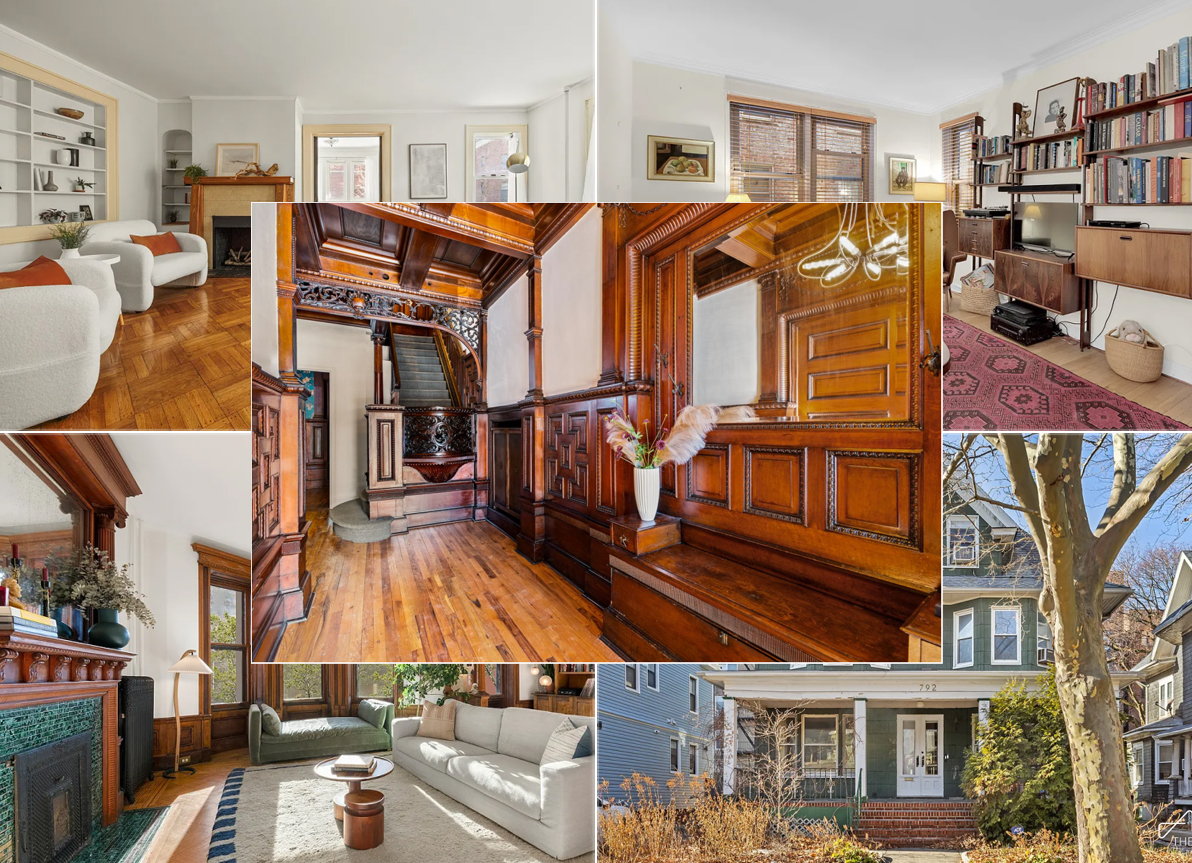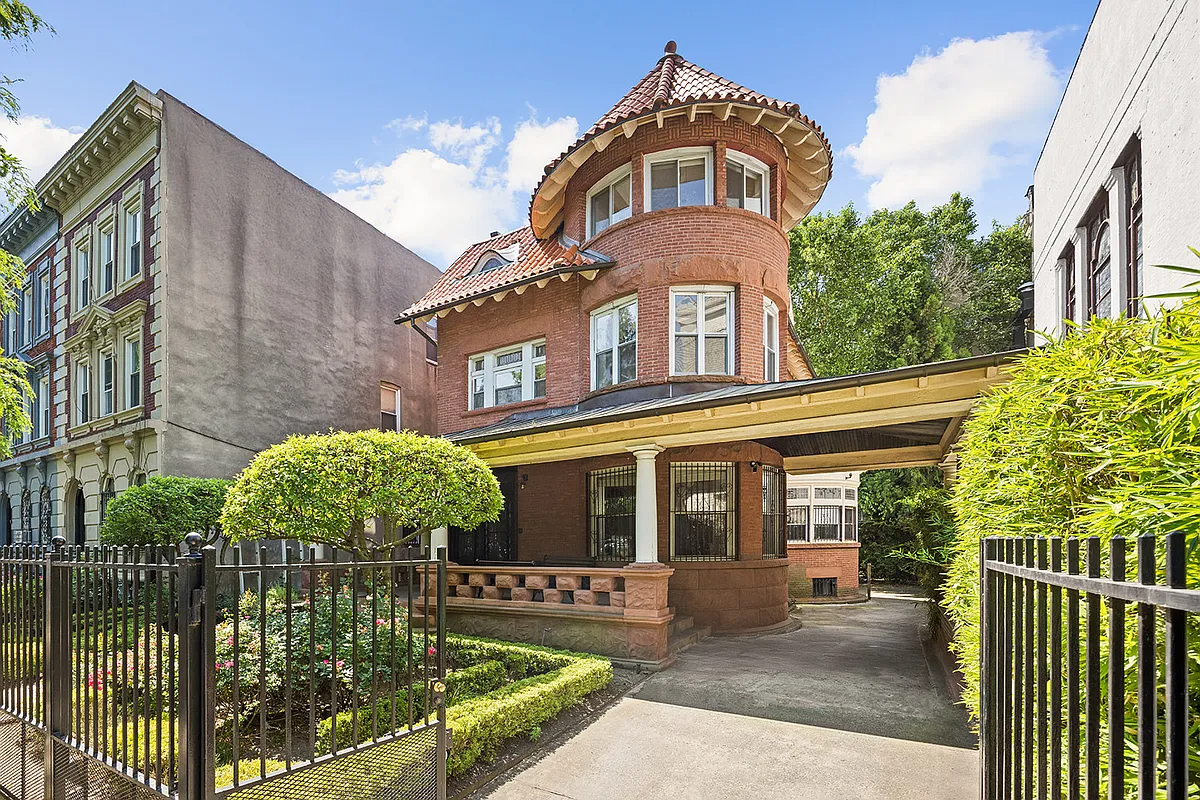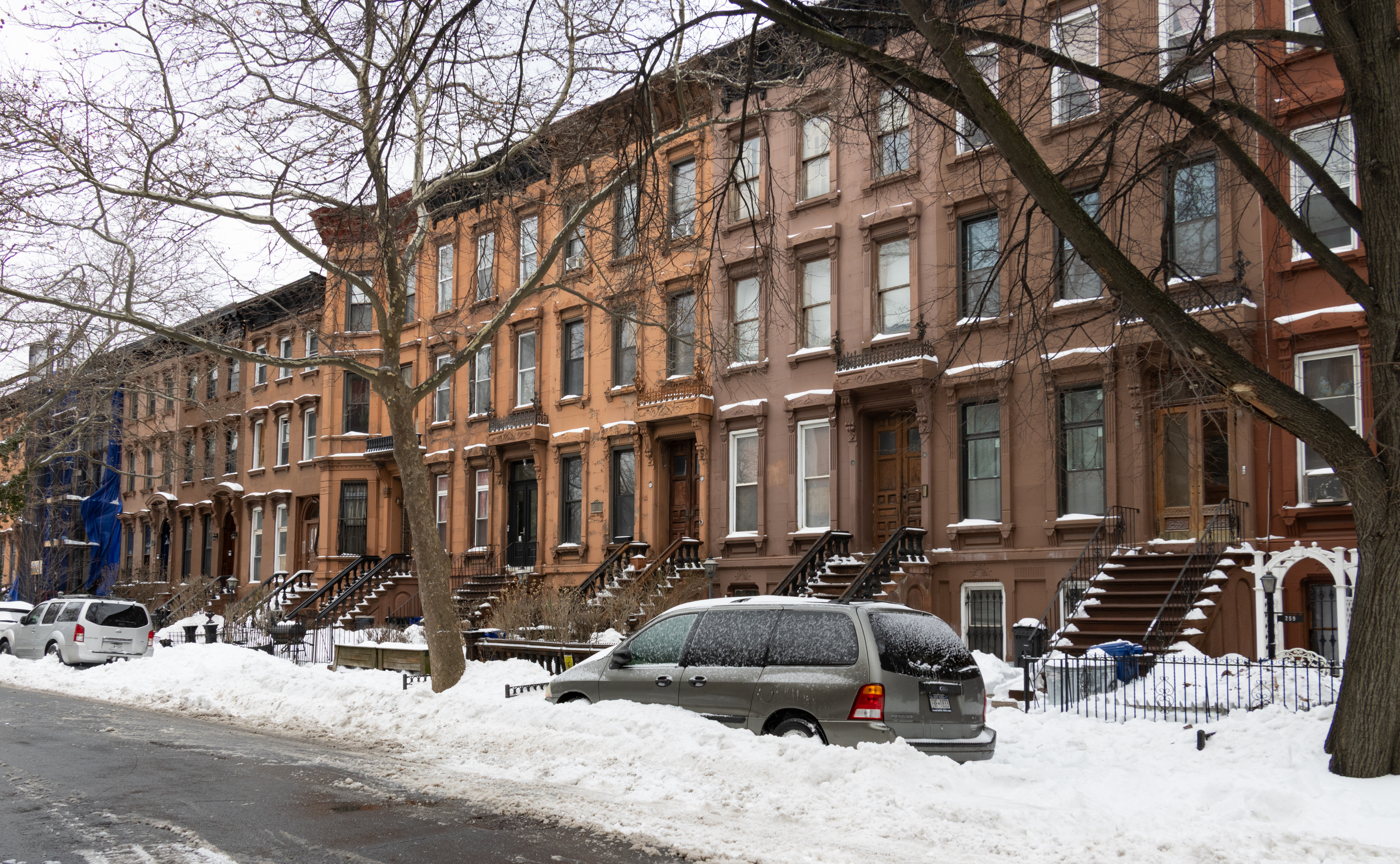Shenanigans at 279 Clermont Avenue?
When the four-story brownstone at 279 Clermont Avenue in Fort Greene hit the Corcoran website in early July at the surprisingly-low price of $1,382,000, it seemed like a classic, and probably quite smart, strategy for bringing out the bidders. (It had failed to sell earlier in the summer at a much higher price with a…


When the four-story brownstone at 279 Clermont Avenue in Fort Greene hit the Corcoran website in early July at the surprisingly-low price of $1,382,000, it seemed like a classic, and probably quite smart, strategy for bringing out the bidders. (It had failed to sell earlier in the summer at a much higher price with a broker called Prospective Properties; we included it as an Open House Pick for $1,748,000 back in June.) In fact, there was enough interest that the seller held a “best and final” closed bidding process two weeks ago. One reader who took place in the process and bid over the asking price was more than a little miffed to find out ten days later that the seller had decided not to accept any of the bids. Instead, the listing re-appeared with a new asking price of $1,610,325. Illegal, immoral or just uncool?
279 Clermont Avenue [Corcoran] GMAP P*Shark





I agree with Brooklyn Butler. Karma IS a bitch. These buyers of this property are a distinct group. Now do you think that they will come back and bid at the higher price? Only in NY do you see this kind of sleezy action, enabled by the brokers. What do you think of Corcoran participating in this kind of business? I think that in the end most sensible buyers will smell the bad faith and stay away after this. Also, if they can do this, they can do other borderline things — string the buyer along and entertain other buyers on the side. When buying my place, I was jerked around by one of these marginal types. In the end, they outsmarted themselves and I bought the place much cheaper after the previous buyer walked away. Months of jerking around the other buyer made him walk away and they sellers actually exhausted themselves and I got it much much cheaper just to get the deal done. That didnt stop them from trying just one last greasy move but they closed at least 100,000 lower and 6 months later than they might have if they had just been on the up and up. They screwed themselves. This could happen to this person too.
Cheap property taxes are only imaginary unless you are totally unemployed because the city income tax more than makes up for what you would be paying outside the city in property taxes. I looked really hard last year at selling and moving out to LI or up to Westchester, and in doing so compared property taxes out there to here versus my city income taxes that I would no longer have to pay. It would have been cheaper for me to move out of the city and pay triple-quadruple property taxes and not have to pay city taxes anymore. However I decided to just stay put since I don’t think I could take suburbia for more than a few weeks at a time. I do own property down in the south so that is my getaway.
If I were the burned bidder I would offer one dollar less than the asking price and then not sign the contract.
Wasder: As to your first point, yes, I think that more sobriety in the mortgage market will in the long run make for a more sustainable and realistic growth pattern. After an initial price adjustment, of course. That sober growth pattern could mean it is many years before we see top-of-the-bubble prices again, but your point was well made and well received.
As to the foreign buyers, the amount of foreign buying activity, and its effect on NYC prices, has been pretty big news for the last couple of years. A weak dollar, expensive oil, and a safe city are all contributing factors. They are for the most part buying in Manhattan, but the Manhattan market and the Brooklyn market are obviously linked. Many Manhattan brokers point to all of the foreign buyers as further evidence that prices will just keep going up and up. What I was pointing out (and perhaps I phrased it wrong) is that foreign buyers, like speculators, can sell without having to move (just as they bought without moving in, which put “artificial” upwards pressure on the market). This is a big topic that could take up a lot more words than this paragraph.
I don’t understand anything about what you guys are talking about re the “shorting game”.
DOW–what is your target price for a home?
Hmmmmm. Thanks Lechacal for the explanation. I understand that the tougher mortgage standards make the pool of potential buyers smaller and why that effects prices negatively. However, in the long run shouldn’t the tightening of lending standards create a more sustainable and realistic growth pattern?
Also, I have not heard too much about foreign ownership of NYC domestic real estate so this is news to me, but why wouldn’t those sellers be replaced by natural turnover?
In general it seems as if the speculative aspect of this market is what made it unsustainable (obvious statement of 2008 I know) but if this downturn makes it less attractive for people to think that they can buy real estate for quick gain shouldn’t that benefit those of us who want to live in and enjoy brownstone properties?
“He has not told us if he actually is short the market and if so, what he recommends as the short positions.”
I implicitly informed you that I do not play the markets like that because it’s a dangerous game. I follow and therefore predict the DOW/S&P 500 (they pretty much align themselves) only as a rough barometer of the economy and thus my target home purchase price. So yes, I do not have skin in the shorting game. But why do I have to?
lechacal…there’d be rioting in the streets…and I would join them. But yes, I couldn’t believe how low the taxes were when I bought my house.
Dave: I have often wondered whether the incredibly low property tax rates in brownstone Brooklyn will prove an easy target for revenue-seeking politicians some day.